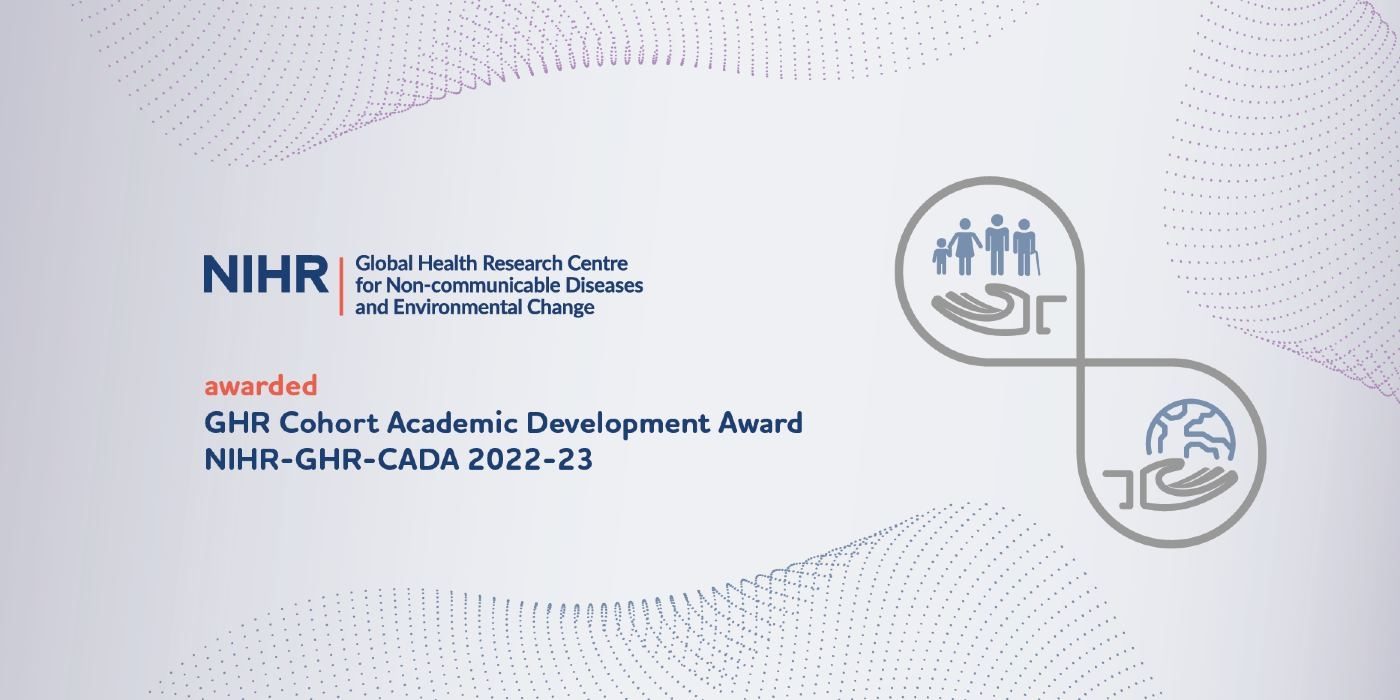Show your heart some love today with these handy tips to keep your heart happy and healthy with A/Professor Clare Arnott, Head of the Cardiovascular Program and Director of the Global Better Treatments Program at The George Institute for Global Health.
The best way to keep your heart healthy is to adopt a healthy lifestyle.
1. Give up smoking
If you are a smoker the best thing you can do for your heart is to quit. Smoking affects every part of your body, including your heart. It reduces the amount of oxygen in your blood and damages blood vessel walls. Smoking also increases your risk of getting a heart attack, you are at least twice as likely to have a heart attack if you smoke.
2. Manage your weight
Maintain a healthy weight with a balanced diet filled with plenty of fruits, vegetables and whole grains, combined with regular physical activity. Limit your intake of saturated fats, and foods high in sugar.
3. Get active
Regular physical activity reduces your risk of developing heart disease. It also helps control other heart disease risk factors such as high blood pressure and high cholesterol. Any physical activity is better than none but aim to be active on most days of the week. Walking is a great way to start being more active, join a walking group at work or try to get 10,000 steps in a day. Learn more about getting active here.
4. Eat healthily
Healthy eating is a key component of maintaining a healthy heart. Heart healthy eating patterns rely on a combination of nutrient-rich foods. This style of eating is low in saturated and trans fats, salt and added sugar. It is also rich in whole grains, fibre, antioxidants and unsaturated fats. Avoid heavily processed foods. Learn more about heart healthy eating patterns here.
5. Manage stress
Everyone feels stress in different ways and how much stress you experience may affect behaviours and factors that increase heart disease risk: high blood pressure and cholesterol levels, smoking, drinking, physical inactivity and overeating. To combat this risk have a few key tools and strategies that you can use on a day-to-day basis to ensure that you can reduce stress such as meditation, yoga and having a regular sleep schedule. Learn more about stress management here.
6. Have a regular heart health check
It is important that we all routinely monitor our heart health risk factors. Make sure you discuss these risks with your general practitioner and make a plan with them to monitor your blood pressure, cholesterol and blood sugar levels. Advocate for your friends and family, encourage them to have a heart health check too.







